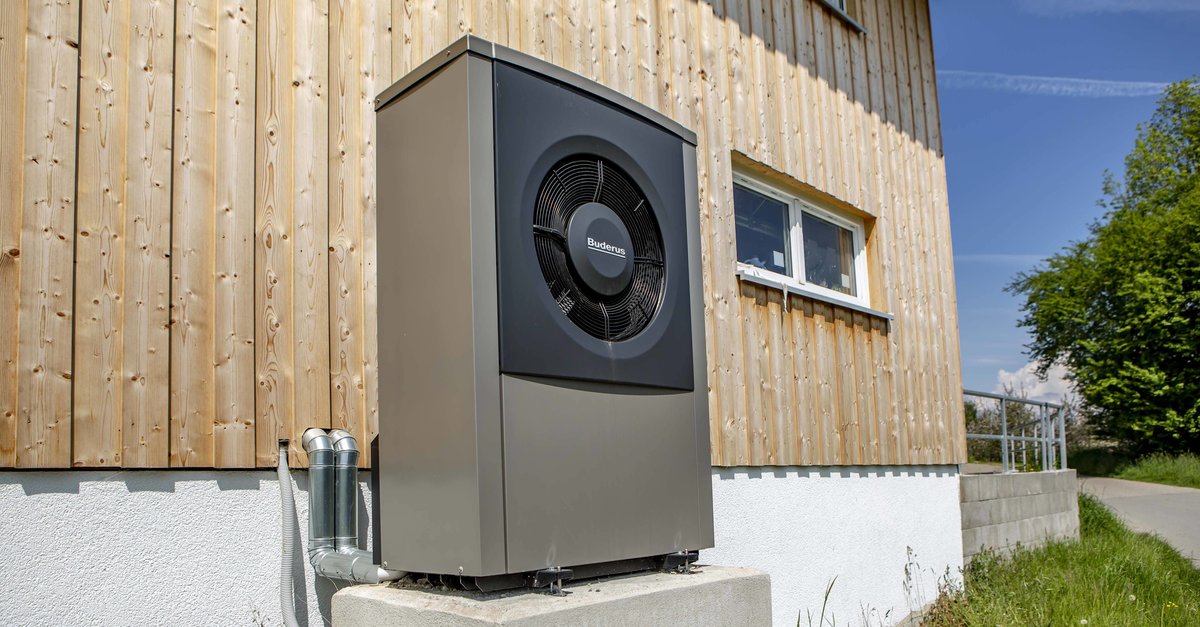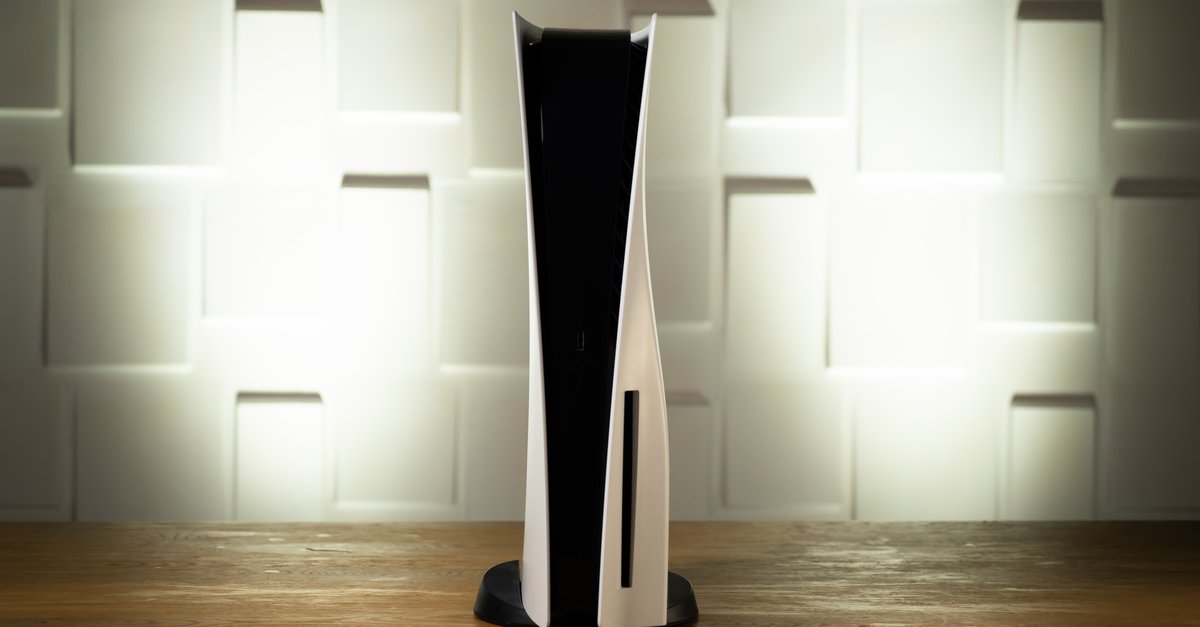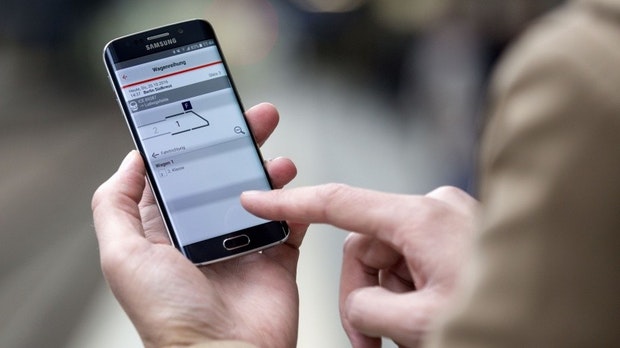But no gas alternative? Heat pumps create new problems
Electric heat pumps can help reduce dependency on Russian gas. By 2030, six million units should therefore be in operation in Germany. But that leads to new problems, as a study predicts. The consequences for the power grid could be immense.
Heat pumps are an important element in making Germany less dependent on gas from Russia. Therefore, in the next few years six million heat pumps be installed, as announced by Federal Economics Minister Robert Habeck and Federal Building Minister Klara Geywitz a few weeks ago. They should become the new standard for heating buildings.
Heat pumps: power consumption as a weak point
A new study by the Energy Economics Institute at the University of Cologne (EWI) has shown that the demand for electricity with six million heat pumps has increased by around 30 terawatt hours could grow. According to EWI manager Johannes Wagner, the peak load in Germany could increase by up to 10 gigawatts on particularly cold days.
Not only a massive increase in the number of electric heat pumps is likely to drive up electricity consumption by 2030. According to EWI, electromobility, progressive digitization and electricity-based applications in industry will also ensure that on an average cold winter day, a Peak load of around 100 gigawatts arises. In terms of net electricity consumption, the Federal Republic currently has a peak load of a good 80 gigawatts.
Electricity can also be generated on the balcony, as our video shows:
Heat pumps: where should the electricity come from?
According to Johanna Bocklet from EWI, there is unresolved questions about the power supply for electric heat pumps. They would pose “a major challenge” for the power supply system. In addition, the power distribution network must be adapted to the growing number.
There are critical voices at Stadtwerke München. Florian Bieberbach, head of the municipal utility in the Bavarian capital, says the federal government has “no convincing answer”how the additional power demand is to be covered (source: Handelsblatt).



